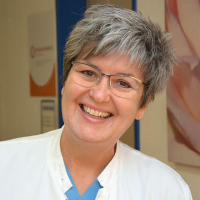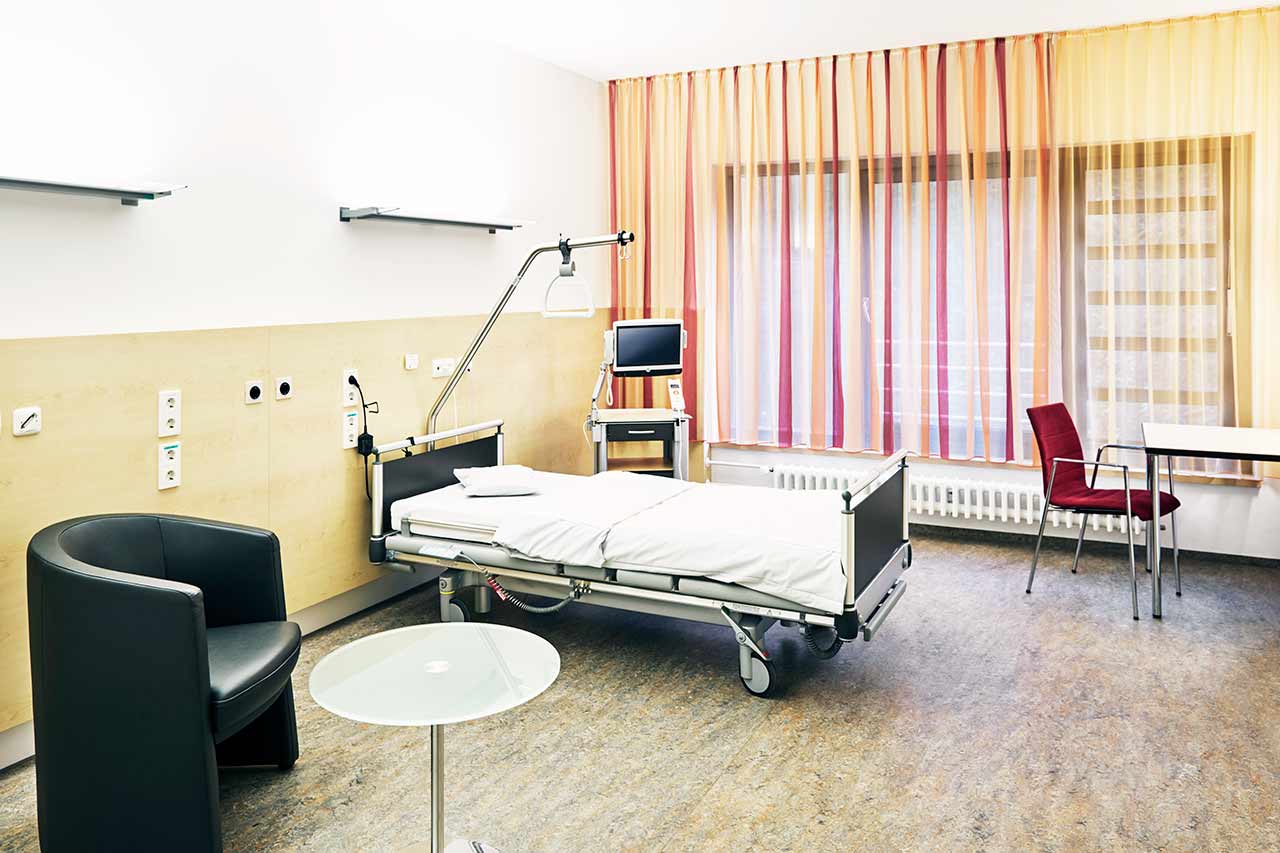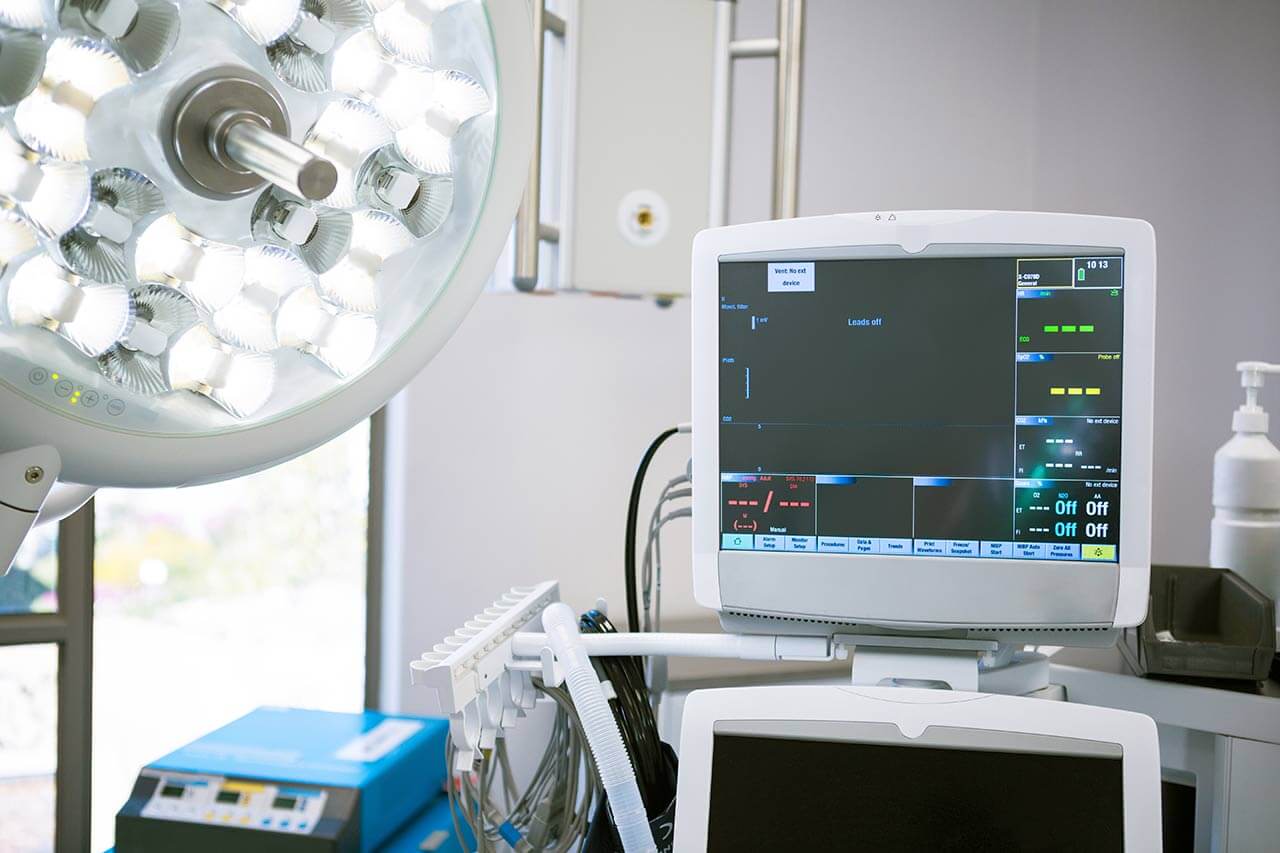
The program includes:
For 2 weeks before birth:
- Initial presentation in the clinic
- clinical history taking
- physical examination
- review of medical records
- laboratory tests:
- complete blood count
- biochemical analysis of blood
- indicators of inflammation (CRP, ESR)
- indicators blood coagulation
- pelvic ultrasound
- gynecological examination:
- transvaginal ultrasound
- colposcopy
- scraping with subsequent analysis
- fetal examination:
- 3 D sonography
- determine fetal position before delivery
- CTG
- nursing services
- treatment by chief physician and all leading experts
- maintaining an obstetrician until birth
Day of birth
- gynecological examination
- fetal examination
- preparation according to preoperative standard
- cesarean section
- symptomatic treatment
- control examinations
- the cost of essential medicines and materials
- nursing services
- full hospital accommodation
- explanation of future recommendations
After birth
- maintaining an obstetrician after birth
- examination during the postnatal period (during the first three weeks)
- control gynecological examinations during the postnatal period
- the first pediatric examination of the newborn
Required documents
- Medical records, obstetric history
Service
You may also book:
 BookingHealth Price from:
BookingHealth Price from:
About the department
The Department of Gynecology, Obstetrics and Mammology at the Hospital Oberberg Gummersbach provides comprehensive diagnostics and conservative and surgical treatment of diseases of the female reproductive system and breast pathologies. The department also provides top-class obstetric care for expectant mothers. The team of gynecologists in the department focuses on women with oncological diseases such as uterine cancer, cervical cancer, ovarian cancer, vulvar cancer, and vaginal cancer. When dealing with the treatment of oncological diseases, the department's doctors not only perform surgery but also use various combinations of chemotherapy, radiation therapy, hormone therapy, and antibody therapy. Most of the surgical procedures in the department are performed using minimally invasive, endoscopic, or laser techniques, which ensure rapid patient recovery. Breast cancer treatment is provided in a specialized center. In 80% of cases, doctors perform organ preservation surgery for breast cancer. If necessary, reconstructive plastic surgery can also be performed. About 1,000 newborns are born in the department every year. Childbirth takes place in comfortable delivery rooms equipped according to modern requirements. There is also an intensive care unit that provides 24-hour emergency medical care for newborns, premature infants, and mothers. The Head Physician of the department is Dr. med. Anja Weishap.
The department's team of gynecologists has long experience and excellent qualifications in the treatment of malignant diseases of the female reproductive system. The healthcare facility provides comprehensive medical care for women with cervical cancer, uterine cancer, ovarian cancer, vulvar cancer, and vaginal cancer. The department's gynecologists believe that the best treatment results are achieved through a multidisciplinary approach. Therefore, the technical resources and specialized staff of the Cancer Center Oberberg are involved in the therapeutic process. A treatment regimen for gynecologic cancer is developed for each patient on an individual basis during interdisciplinary tumor boards. In most cases, the first-line treatment is surgical removal of the malignant tumor. In the advanced stages, extensive resections are often carried out with the removal of female genitalia and lymph nodes affected by the oncological process. Gynecologists also use effective conservative treatment methods in the fight against cancer, including chemotherapy, targeted therapy, hormone therapy, radiation therapy, and others. It is important for the department's specialists to provide each patient with effective and yet minimally invasive treatment.
The department also treats patients with benign diseases of the female reproductive system, such as uterine fibroids, endometriosis, cervical dysplasia, ovarian cysts, pelvic organ prolapse, and urinary incontinence. Surgical procedures to remove the uterus, ovaries, and uterine fibroids are performed in the medical facility using advanced surgical techniques that exclude traumatic abdominal incisions. Surgeons successfully use laparoscopic supracervical hysterectomy (LASH), laparoscopically assisted vaginal hysterectomy (LAVH), and total laparoscopic hysterectomy (TLH). Some cervical and vulvar surgeries are performed using laser techniques. To treat urinary incontinence, the department's gynecologists perform minimally traumatic TVT and TOT sling procedures and colposuspension (Burch procedure). For women with pelvic organ prolapse, the department offers vaginal wall reconstruction and sacrocolpopexy.
The certified Breast Center operates in the department, which focuses primarily on the treatment of breast cancer in women. This oncological disease is the most common among women all over the world. For this reason, the department has implemented a special breast cancer screening program. Early detection of cancer increases a woman's chances of recovery. During the diagnostic stage, a woman undergoes ultrasound scanning, mammography, MRI, biopsy, and laboratory tests. The patient's diagnostic results are accurately studied by an interdisciplinary tumor board, in which breast specialists, gynecologists, oncologists, radiation therapists, and radiologists take part. The doctors work together to develop an individual treatment regimen. The most effective treatment for breast cancer is surgery. It is worth noting that up to 80% of operations are breast-conserving, which allows the patient's breast to be preserved while the tumor is removed. In the advanced stages of cancer, reconstructive plastic surgery is performed when breast removal is unavoidable. Such surgery helps a woman regain her aesthetic appearance and self-confidence. Chemotherapy is an integral part of the treatment regimen. The amount of drugs and the duration of the chemotherapy course depend on the stage of cancer, the general health condition of the patient, and other factors. If clinically indicated, patients may also receive targeted therapy, hormone therapy, immunotherapy, and radiation therapy.
The department is one of the leading maternity centers in the region. More than 1,000 babies are born here every year. Pregnancy management, childbirth, and postnatal care for both mother and child are performed according to the standardized clinical protocols of professional societies. The department's obstetricians have successful experience in managing high-risk and multiple pregnancies. The department has 4 delivery rooms. Homeopathy, acupuncture, aromatherapy, relaxing baths, epidural anesthesia and other methods are offered to relieve pain during childbirth. Upon request, the department's doctors can perform an outpatient delivery, after which the mother and child go home under the supervision of an accompanying obstetrician.
The department's range of medical services includes the following:
- Gynecology
- Diagnostics and treatment of malignant diseases of the female reproductive system
- Surgical treatment
- Minimally invasive operations
- Extensive resections using classical open surgical techniques
- Conservative treatment
- Chemotherapy
- Radiation therapy
- Targeted therapy
- Hormone therapy
- Antibody therapy
- Surgical treatment
- Diagnostics and treatment of benign diseases of the female reproductive system, urinary incontinence, and pelvic organ prolapse
- Endoscopic procedures for tubal ligation, ectopic pregnancy, and adhesions
- Dilation and curettage
- Cervical loop conization
- Adhesiolysis
- Uterine fibroid enucleation
- Laparoscopic chromopertubation
- Laser vaporization of vulvar and cervical condylomas
- Minor surgical interventions on the vulva and internal female genitalia
- Laparoscopic supracervical hysterectomy (LASH)
- Laparoscopically assisted vaginal hysterectomy (LAVH)
- Total laparoscopic hysterectomy (TLH)
- TVT and TOT sling procedures
- Colposuspension (Burch procedure)
- Vaginoplasty
- Sacrocolpopexy
- Diagnostics and treatment of malignant diseases of the female reproductive system
- Mammology
- Diagnostics and treatment of breast cancer
- Surgical treatment
- Breast-preserving surgery for cancer
- Breast resection (mastectomy)
- Reconstructive breast plastic surgery
- Conservative treatment
- Chemotherapy
- Targeted therapy
- Hormone therapy
- Immunotherapy
- Radiation therapy
- Surgical treatment
- Diagnostics and treatment of breast cancer
- Obstetrics
- Comprehensive management of pregnancy, including high-risk and multiple pregnancies
- Childbirth
- Postpartum care
- Other medical services
Curriculum vitae
Dr. med. Anja Weishap graduated from the University of Erlangen. At the same university, she defended her doctoral thesis on the specificities of academic progress in premature babies at school age. An internship at the district hospital in Gummersbach followed in 1991. In 1997, Dr. Weishap became a Senior Physician in the Department of Gynecology, Obstetrics and Mammology at the Hospital Oberberg Gummersbach, after which, in 2002, she became a Head Physician in the same department.
Dr. Anja Weishap's clinical interests include not only classical obstetric care, diagnostics, and treatment of gynecologic cancers but also surgical gynecology, with a special focus on endoscopic interventions and urogynecology. The specialist has particular competence in the treatment of cancer.
Photo of the doctor: (c) Klinikum Oberberg GmbH
About hospital
The Hospital Oberberg Gummersbach is a medical complex that offers its patients top-class personalized care. The hospital was founded in 1985. Since then, it has earned an excellent reputation in the German medical arena and has gained vast experience in the provision of medical care to foreign patients. The Hospital Oberberg Gummersbach is an academic hospital of the University of Cologne, thanks to which doctors and professors at the medical center have the opportunity to participate in promising research projects of national and international significance. The hospital has 536 beds for patient stays. The medical team consists of more than 1,400 employees. Their main focus is always on the patients and their individual needs and wishes.
The hospital has 13 departments and 7 highly specialized centers. The hospital offers various fields of modern medicine, including general and abdominal surgery, thoracic surgery, oncology, hematology, gastroenterology, nephrology, neurology, orthopedics, traumatology, gynecology, mammology, radiation oncology, otolaryngology, and others. Diagnostic and treatment facilities, as well as operating rooms at the hospital, have state-of-the-art medical equipment, including devices for imaging tests, navigation systems, equipment for endoscopic and minimally invasive interventions, and laser technologies.
Highly qualified doctors and competent nursing staff work with patients. The specialists take care of patients' health around the clock, and they are always open to personal communication and ready to provide support. The primary goal of every employee at the medical facility is to provide accurate diagnostics and the most effective treatment. At the same time, important attention is also paid to the humane and respectful attitude towards patients.
The hospital has a strict quality control system: in 2003, the medical facility was certified according to KTQ requirements, and since 2014, it has been certified according to DIN EN ISO 9001:2008 standards. The Breast Center, the Colon Center, the Oberberg Cancer Center, the Arthroplasty Center, the Stroke Unit, and many other structures of the medical facilities have been certified. Patients can thus be assured of receiving high-quality medical care using the very latest technologies.
Photo: (с) depositphotos
Accommodation in hospital
Patients rooms
The patients of the Hospital Gummersbach Oberberg stay in comfortable rooms designed in light colors. The patient rooms include an automatically adjustable bed, a bedside table with a pull-out tray, a wardrobe, a table and chairs for receiving visitors, and a TV. The hospital has access to Wi-Fi. Each patient room has an ensuite bathroom with a shower and a toilet.
The hospital also offers enhanced-comfort rooms. These patient rooms have a refrigerator, a safe, and upholstered furniture. The bathroom includes a hairdryer, a bathrobe, toiletries, and towels.
Meals and Menus
The patient and the accompanying person are offered a daily choice of three menus. If, for some reason, you do not eat all the foods, you will be offered an individual menu. Please inform the medical staff of your food preferences prior to treatment.
Further details
Standard rooms include:
Accompanying person
The accompanying person may stay with you in the patient room or at the hotel of your choice during the inpatient program.
Hotel
You may stay at the hotel of your choice during the outpatient program. Our manager will help you choose the best option.





